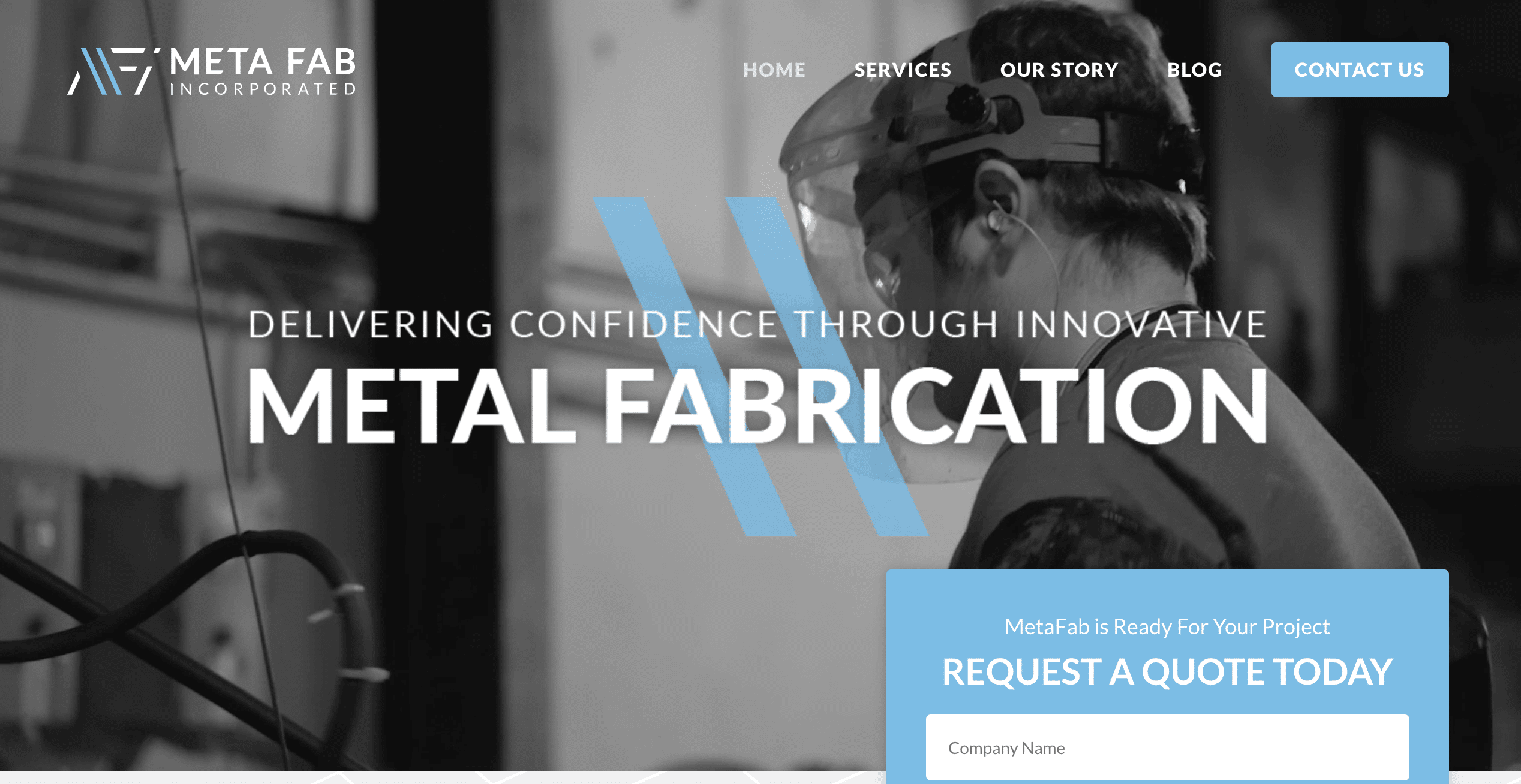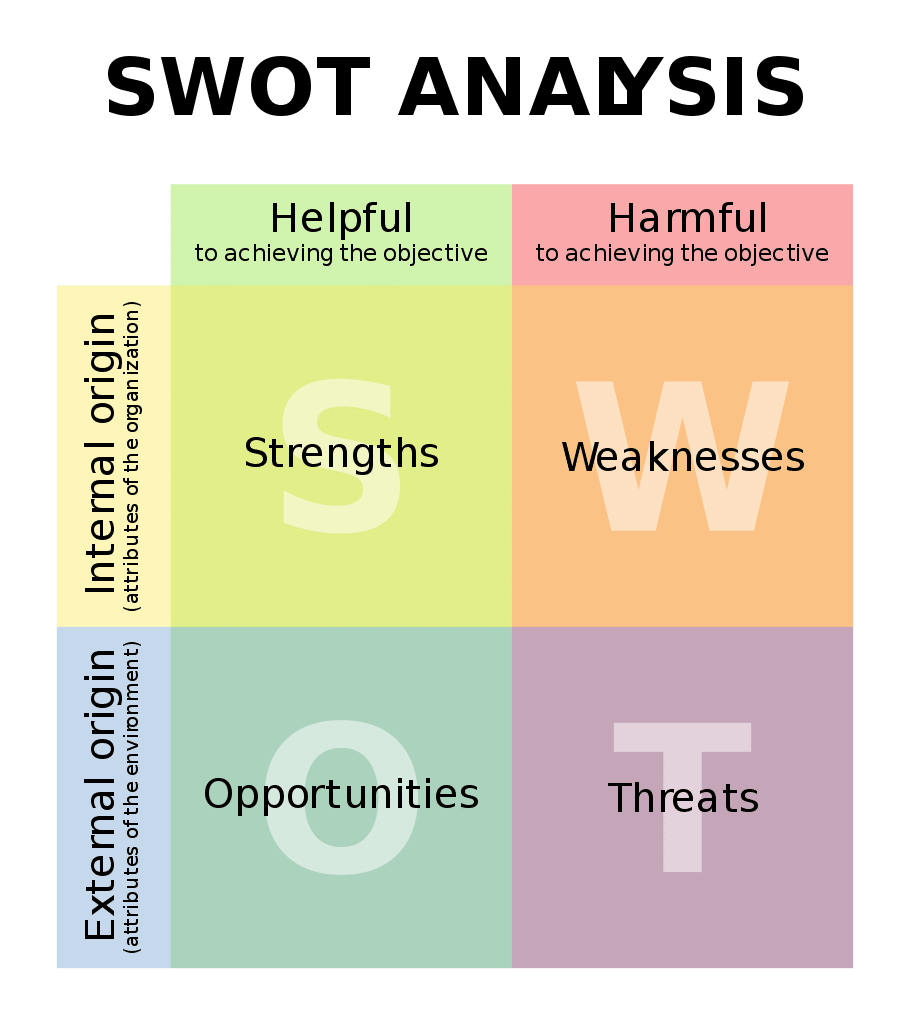Value of Branding for Manufacturers
 By: Aimee Sukol, JD/MA/MS Ed.
By: Aimee Sukol, JD/MA/MS Ed.
Published on: 5/22/2020
Introduction:

The manufacturing supply chain has changed dramatically over the past 25 years. Equipment, processes, rules/regulations, demand and demographics reflect industries’ increased integration and dependence on technology and social media. Long gone are catalogs where buyers would find parts or answers. And through word-of-mouth, networking, reps, and trade shows continue to provide value, their impact is diminished when a company lacks recognizable branding or a website to learn more. Whether a business will be discovered by a customer in today’s complex and overwhelming network of information is determined by how well it defines and markets its value proposition.
This article will address: 1) The nature and value of branding, 2) how branding applies to manufacturers, and 3) strategies for developing a brand with suggestions on support services.
What is branding and how is it valuable?
First, branding and marketing are not the same. A brand defines a business beyond what it does or sells. Marketing is how a business articulates its brand. A mission statement, logo, and reputation are part of a brand. Websites, networking, and methods of communication are types of marketing. Sometimes there is crossover. Simply using social media is a marketing tool that shares a company’s message, but it can also signal to buyers the company is savvy with technology and/or has younger employees. Using social media can both reinforce a brand (ex: young, innovative, seasoned, etc) and be a medium for brand delivery.
Meta Fab is a precision sheet metal manufacturer, but we define our company as delivering confidence. Other companies can transform raw metal into a box frame or a medical cabinet, but our concept of confidence speaks to our sense of urgency, responsibility, customer service, ethics, and teamwork. That customers feel confident about entrusting their idea or project in Meta Fab’s hands is our brand.
Being able to harness and stand by our values into a brand allows us to capture the attention of potential buyers. Branding’s value applies to precision sheet metal as much as it applies to soda or shoes. For example, some customers shop at Nordstrom rather than Nordstrom Rack because they rely on personal shoppers, additional services, and products that are not available at The Rack; however, Nordstrom’s clear branding isn’t why shoppers prefer its primary department store over it’s a less expensive spin-off. Nordstrom’s clear branding is why shoppers prefer The Rack over other off-price chains.
Concepts to consider when thinking about branding:
- Would your company be recognizable at a local trade show?
- Do people feel good or bad if your company was mentioned in conversation?
- Do others in your industry know what you do?
- Can people identify the difference between you and your competitors?

Recognizable luxury branding.
How do manufacturers utilize branding?
First, as with end-use products, contract manufacturers are associated with having high end and low-cost services. A business that is recognizable and known for where it exists in the market is the first step in branding. The next step is the differentiation between businesses that exist in the same place within the market.
Where do I stand in the market? How do I differ from similar companies?
US News conducted a battle of the brands between Lexus and BMW. Both are luxury cars, priced similarly, and have very close predicted reliability scores. Attitudes and associations can largely impact customers’ preference for one brand over another, but for customers who are none the wiser, details matter. US News found Lexus won in key areas, such as safety over interior design. A business’s fine-tuning, therefore, comes down to knowing what customers value, which requires market research and customer surveys as customer values shift from year to year.
When a buyer decides they need a plastics manufacturer or precision sheet metal fabricator, they look at the price, types of services, and reputation. A brand determines where a business stands in those areas. Does the brand say “high end, specialized services, and 100% guarantee” or does it say, “low price, basic services (and maybe buyer beware)”? Once a business has established its brand, it must apply strategic marketing to get that brand in front of customers.
Ex: I know my brand is high-end, so now how do I market to customers in the high-end market?

Does your website provide clear, accessible information?
Marketing is the key to branding. As noted earlier, web marketing is essential in today’s tech-focused world. Primary considerations for web marketing are:
- Do you have a website that clearly outlines what you do and how you can be contacted?
- How does your website compare to your competitors? A dated website does not spark confidence in buyers.
- Does your website tell your story and help buyers determine whether you’re a good fit? Note: Buyers are not just looking for products and services. With the level of competition in the market, many want to see alignment in values and/or want to see a company define its value proposition (i.e., good communicators, history of success, strong team, etc)
- Then ask, “How do I get my website and name in front of buyers?” Networking, social media, and trade shows can be effective.
Marketing strategies include, but are not limited to:
- SWOT analysis: Strengths, Weaknesses, Opportunities, and Threats
- What is your target customer? There is a difference between a potential buyer and a target customer. Brand development helps companies determine which customers are a good fit for them so they are best positioned for successful outcomes.
- Market research: Who are my target customers and who are my competitors? Local nonprofit resources can help small businesses with databases that host this information.
Strategies and Resources for Developing a Brand:
Reflection
In developing a brand, one should ask: Why am I here? Why did I choose to be a business owner in this market? Whether the choice was planned or unexpected, moving forward successfully requires reflection, the definition of value, and a sense of purpose.
Happy customers and review sites
The core of branding is happy customers and quality. Even price-conscious customers will avoid a business that is known for poor quality or bad customer service. For example, I might choose to eat at Taco Bell on A street rather than Taco Bell on E street if the word on the street is Taco Bell on E street mistakes orders and has dirty tables. Similarly, I would avoid one custom contract manufacturer over another if the review site shows 2 stars. Studies show people are more likely to remember and share negative experiences over positive ones, so a business that chooses to have a review site should be especially conscious of its quality and customer experience.

Free, affordable marketing support from local nonprofits help all companies including manufacturers.
Resources
Last, embrace simplicity and seek guidance for support. Being skilled at machining doesn’t necessarily translate as a branding expert so it’s unnecessary for a business owner to develop their own brand and marketing strategy. Affordable, nonprofit resources exist to help small businesses design and market their brand. Mid-size manufacturers should consider seeking a reputable marketing agency if re-branding is in order.
General branding and marketing support not exclusive to the Portland Metro include a city’s economic development department and local trade associations. Google “nonprofit small business help” and the name of your city to find affordable or free services.
Local services include Mercy Corps NW, Portland SCORE, local Small Business Development Center, and trade associations (i.e., Electronics Manufacturing Association). I encourage small businesses to focus on finding nonprofit help before contracting with an agency as most nonprofits that serve small businesses are led by experts in their fields.
Conclusion:
In short, branding is just as valuable for custom contract manufacturing as any other business. Building a brand name in the local community and developing a presence on the web are primary methods for buyers to find parts and services in the 21st century. Companies don’t have to tackle branding alone and are encouraged to find professional, affordable marketing/branding support to help conceptualize and build a compelling and honest brand.
